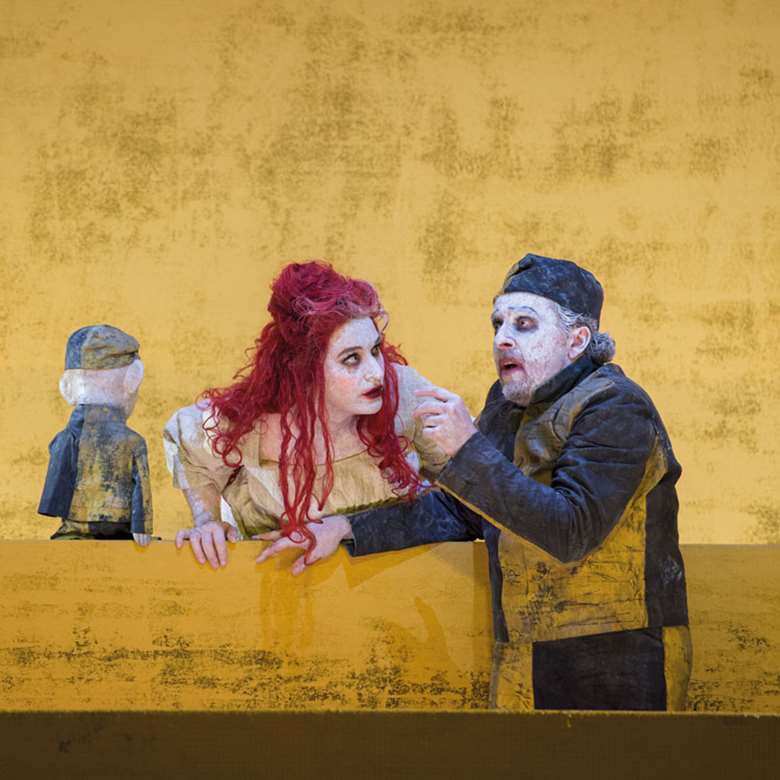Christian Gerhaher: bashful baritone
Hugo Shirley
Friday, September 1, 2017
He took the lead role in the 2017 Gramophone Opera Award-winning production of Berg's Wozzeck, but Christian Gerhaher prefers the focus to be on the music rather than himself, finds Hugo Shirley

Register now to continue reading
Thanks for exploring the Gramophone website. Sign up for a free account today to enjoy the following benefits:
- Free access to 3 subscriber-only articles per month
- Unlimited access to our news, podcasts and awards pages
- Free weekly email newsletter







